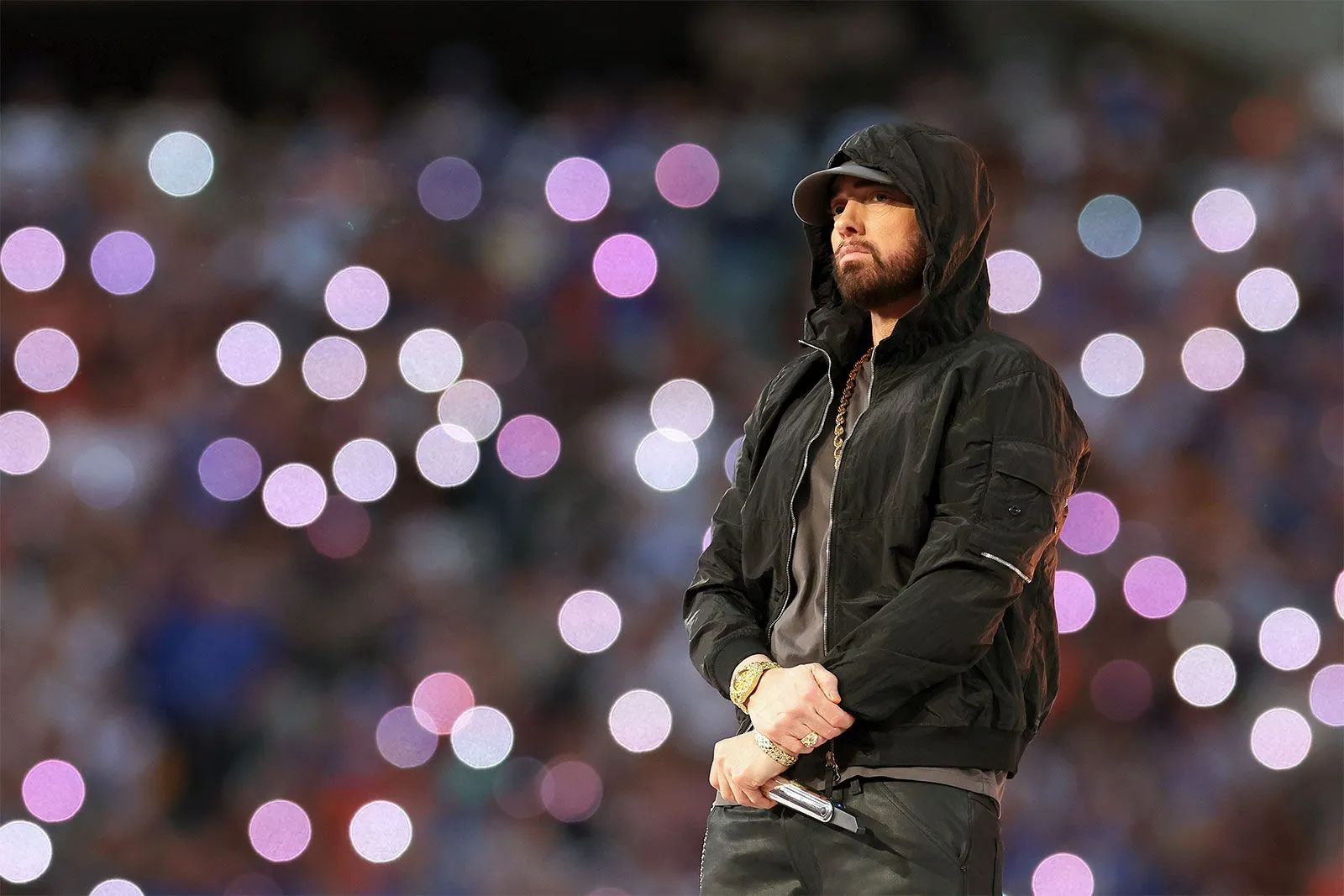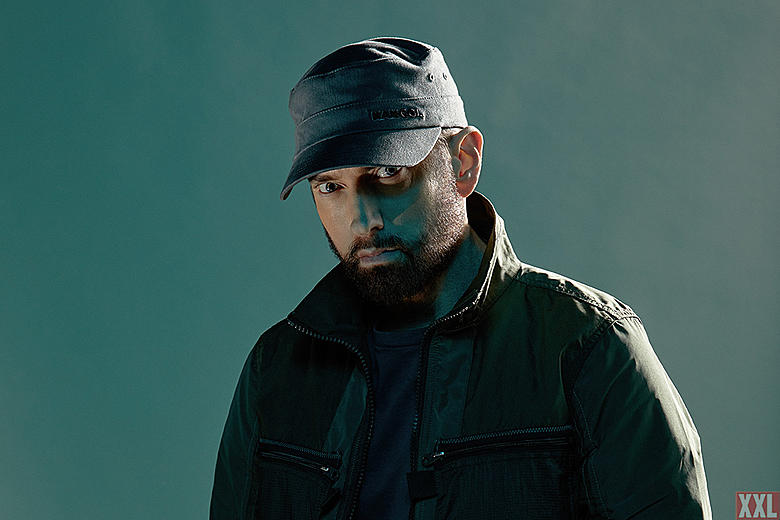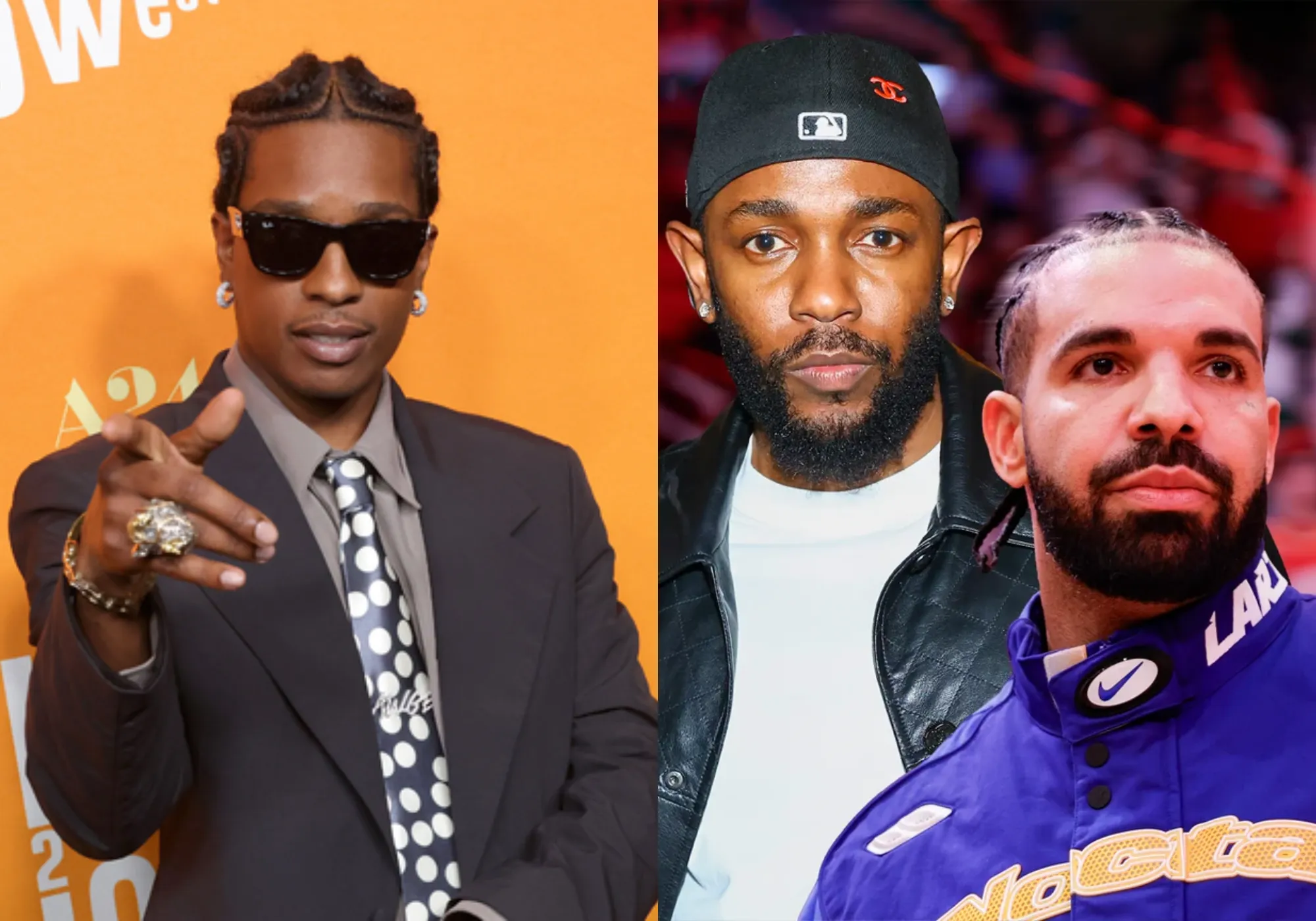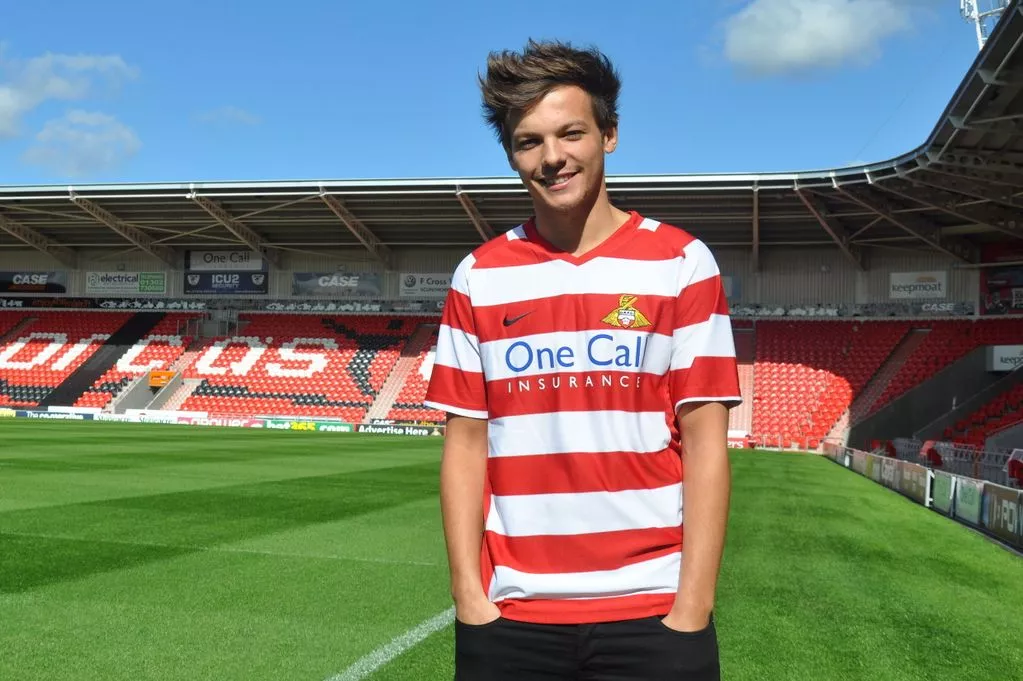
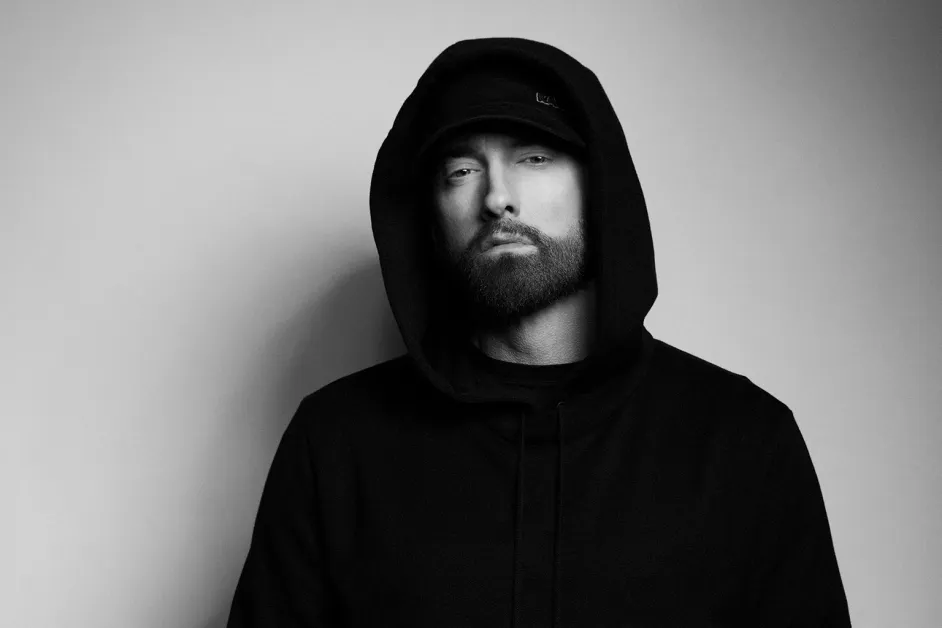
Eminem Demands $110 Million – Meta Fires Back With Bold Dismissal
The battle between Meta—the parent company of Facebook and Instagram—and Eminem’s publisher, Eight Mile Style, has taken a dramatic turn. Earlier this year, Eight Mile Style filed a $110 million copyright lawsuit accusing Meta of using Eminem’s music without the necessary licences. The complaint argued that the rapper’s iconic tracks appeared both in user videos and in Meta’s internal music clip libraries, potentially leading to widespread unlicensed use.
But Meta has hit back strongly. In a recent court filing, the tech giant sought to dismiss the lawsuit, claiming the allegations are vague, unsupported, and ultimately without merit. At the heart of the debate is whether Meta had valid licences for Eminem’s catalogue and whether Eight Mile Style has provided enough detail to sustain its case.
This article examines the dispute, why it matters for the music industry, and how it could shape the relationship between social media platforms and music publishers in the future.
Background of the Dispute
Eight Mile Style, Eminem’s long-time music publisher, filed the lawsuit in early 2025. It alleged that Meta allowed Eminem’s compositions to be used without permission across its platforms. Specifically, the claims focus on two main issues:
-
Eminem’s songs appearing in Meta’s audio clip libraries—a built-in feature that lets users add music to their content.
-
Videos uploaded to Facebook and Instagram that included Eminem’s tracks, either via Meta’s tools or from external uploads.
Eight Mile Style argued that Meta had not secured bespoke licensing deals for Eminem’s works, which would be required since video platforms cannot rely solely on compulsory licences in the U.S.
Meta’s Motion to Dismiss
In its filing, Meta argued that the case is “long on rhetoric” but “short on specifics.” According to the company, Eight Mile Style references 243 compositions but fails to identify key details such as:
-
Which exact songs were infringed.
-
When the alleged infringements occurred.
-
Who was responsible for uploading or using the music.
Meta claims that this lack of specificity makes it impossible for the lawsuit to stand. Essentially, the company is saying that you cannot accuse a platform of “rampant infringement” without clear examples to back it up.
The Licensing Question: Did Meta Have Permission?
Beyond the technical issue of vagueness, Meta also contends that it did have a licence for Eminem’s catalogue. The company points to a deal with Audiam, a rights agency that negotiates on behalf of music publishers.
According to Meta, a 2020 negotiation letter stated that Audiam was “authorised to represent Eight Mile Style” in licensing talks with the company. Based on this, Meta insists that it acted within the scope of valid agreements and that Eight Mile Style’s claim of no licence is incorrect.
Eight Mile Style disputes this, arguing that the Audiam deal did not cover Eminem’s works. This point of contention could become the crux of the case: if Meta proves it had a licence, the lawsuit collapses. If Eight Mile Style proves otherwise, Meta may face deeper legal challenges.
Why the Lawsuit Matters
This case goes far beyond a single dispute between Eminem’s publisher and Meta. It highlights a much larger issue: how social media platforms handle music rights in a digital age where content creation is exploding.
-
For music publishers, cases like this determine how fairly they are compensated when their catalogues are used online.
-
For artists, it raises questions of control—should their works be freely available in social media libraries, or should tighter restrictions apply?
-
For platforms like Meta, the outcome could affect how expensive and complex it becomes to provide music tools for creators.
With user-generated content at the center of social media, the balance between licensing, innovation, and artist rights is constantly being tested.
Eminem’s Catalogue: A Valuable Asset
It is important to note why this case involves huge financial stakes. Eminem is one of the most successful rappers of all time, with hits like Lose Yourself, Stan, and Without Me still widely streamed, remixed, and referenced. His catalogue generates significant revenue annually.
Having these tracks available in Meta’s music libraries is valuable for creators, but for Eight Mile Style, the question is whether Meta is properly paying for that privilege. The publisher’s $110 million claim underscores the value of licensing in the modern music economy.
Meta’s Broader Legal Strategy
Meta’s response is part of a broader legal approach the company has used in the past:
-
Challenge the validity of claims by pointing out vague or insufficient details.
-
Leverage existing licensing agreements to argue compliance.
-
Protect user-generated content features that drive engagement on its platforms.
By seeking dismissal rather than immediately moving toward settlement, Meta is signaling confidence that the case lacks enough substance to proceed.
Comparing Audio vs. Video Licensing
A critical detail in this case is the distinction between audio streaming services and video-based platforms.
-
In the U.S., services like Spotify can rely on the Mechanical Licensing Collective (MLC) to cover mechanical rights and on collecting societies like BMI and ASCAP to cover performance rights.
-
Video platforms like Facebook and Instagram, however, need direct deals with publishers because compulsory licences do not cover video uses.
This difference creates legal grey areas, especially as social media platforms blur the lines between music streaming and video sharing.
Possible Outcomes of the Case
The lawsuit could unfold in several ways:
-
Dismissal Granted: If the court agrees with Meta that Eight Mile Style’s claims lack specifics, the case may be dismissed outright.
-
Amended Filing: Eight Mile Style could be allowed to amend its lawsuit, adding more detail about alleged infringements.
-
Settlement Negotiation: Both sides might opt for a private settlement, avoiding the risks of a prolonged trial.
-
Court Trial: If neither side backs down, the case could go to trial, potentially setting a precedent for how music licensing disputes on social platforms are handled.
Industry Implications
This case is being closely watched by the wider music and tech industries. If Meta prevails, it could discourage publishers from filing similar lawsuits without clear evidence. If Eight Mile Style wins, it might embolden other rights holders to take on tech giants over music licensing practices.
The lawsuit also comes at a time when AI-generated music, short-form video, and content creator platforms are redefining how music is distributed and monetized. Every legal battle like this helps shape the rules of engagement in a rapidly changing landscape.
Conclusion
The legal showdown between Meta and Eight Mile Style over Eminem’s music is more than a single copyright dispute—it’s a reflection of the evolving relationship between tech platforms, publishers, and artists.
Meta’s request to dismiss the lawsuit rests on two main arguments: the lack of specific infringement details and the claim that a valid licence through Audiam already exists. Eight Mile Style, meanwhile, maintains that Meta acted without authorization, seeking $110 million in damages.
Whatever the outcome, this case highlights the growing tension between innovation in digital content platforms and the need to fairly compensate artists and publishers. For Eminem’s team, it’s about control and revenue. For Meta, it’s about protecting its platform and users. And for the industry, it’s about setting the rules for how music will live—and thrive—in the digital era.









